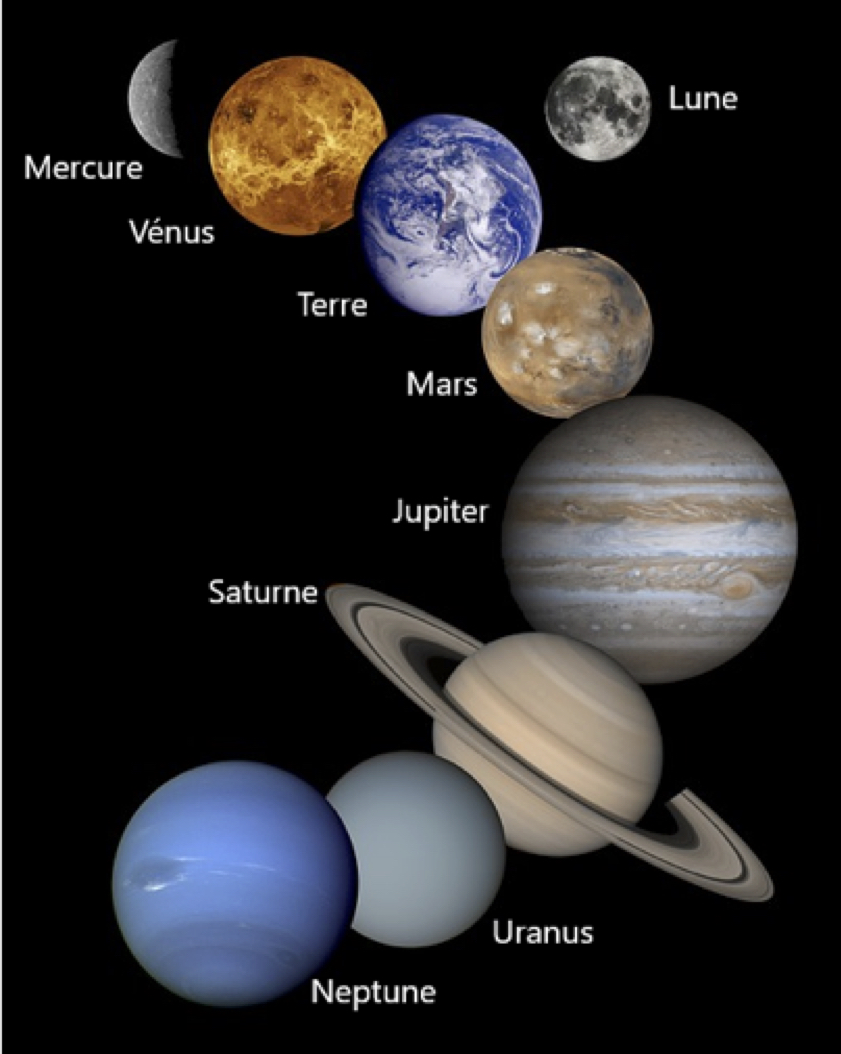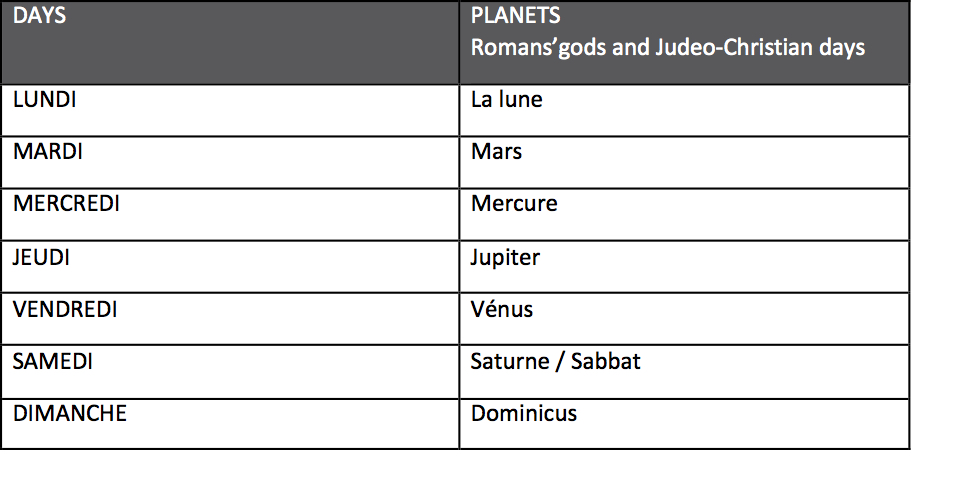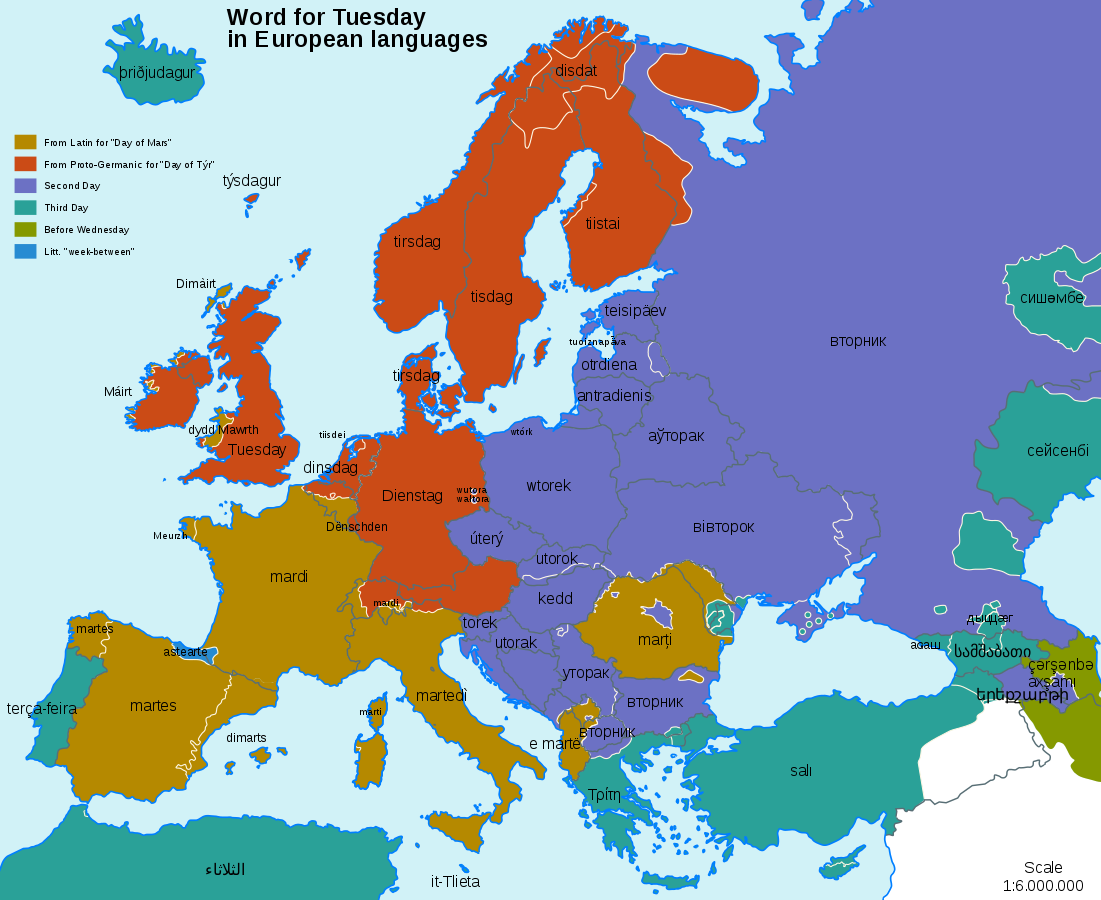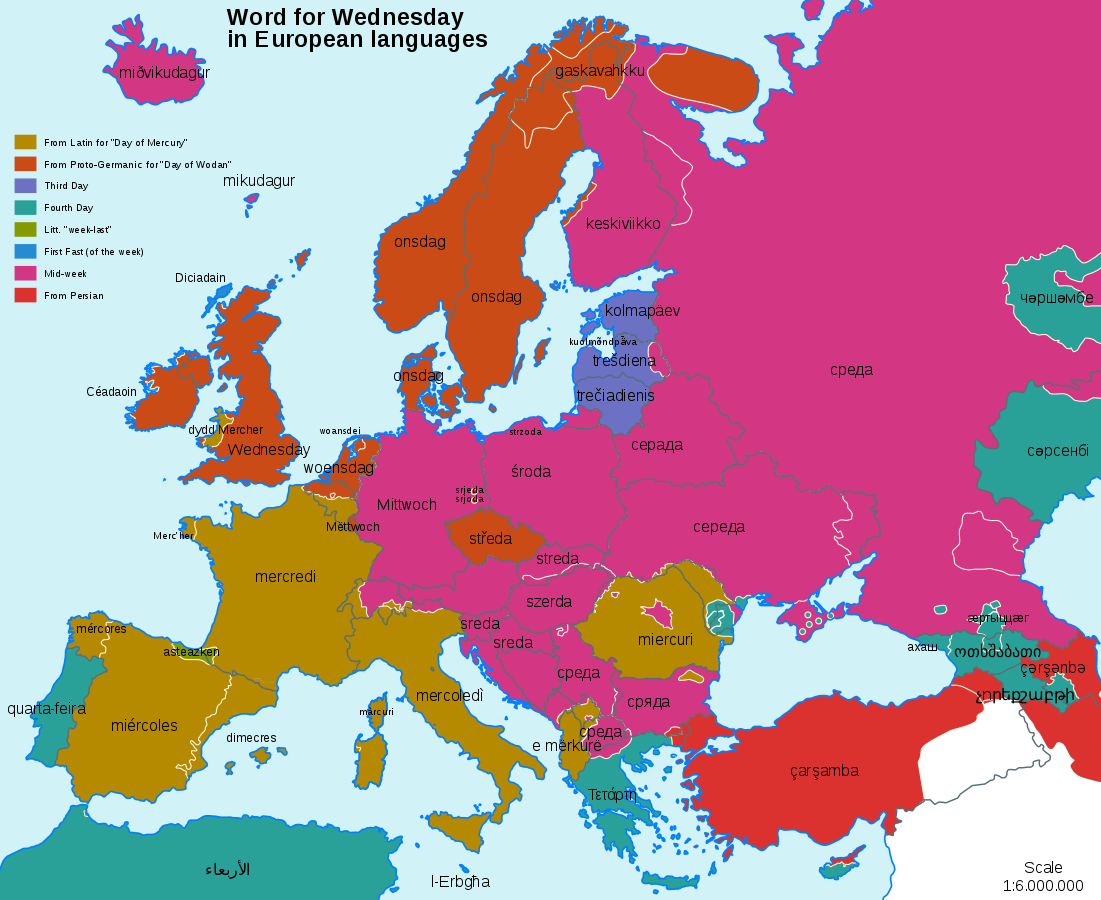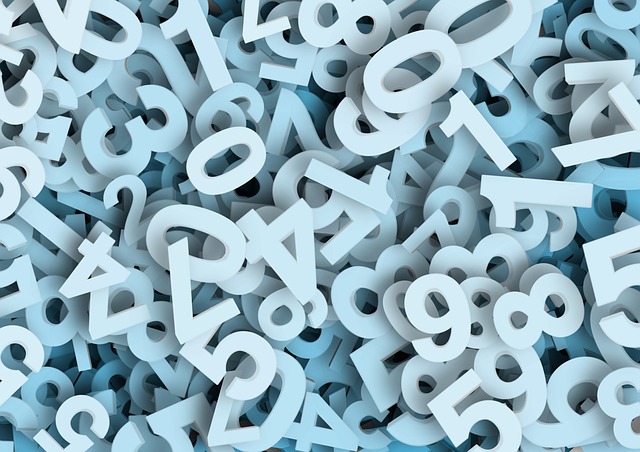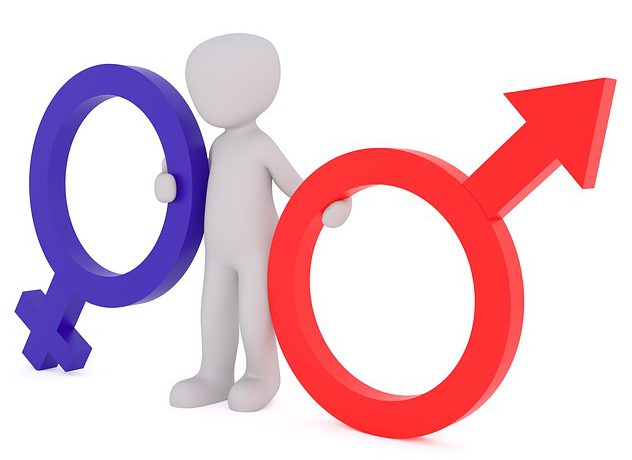
How to find the gender of things in French?
How to find the gender of things in French?
And I have the impression that no one really has a historical answer to it.
How to answer this question that a child would ask: » So the table is the desk wife? »

Milner, a linguist, wrote in 1988: » We could talk about the group « le » and the group « la » rather than masculine or feminine gender. «
Indeed, the masculine and feminine appellation seems a bit ridiculous for objects.
1. Gendre in various languages

You have probably noticed that the genre does not exist in all languages.
Some languages, like Danish, are have four genders: the masculine; feminine; neutral (gender neither masculine nor feminine); and the common (gender used for the masculine and feminine together).
Others, such as Russian, modern Greek, German or Slovene, have 3 genders: masculine, feminine and neutral.
English lost the gender at the Middle English stage. It is considered that English has a residual grammatical gender because some names have a hybrid behavior: animals, sometimes male or female and neutral, and, more surprisingly, land or sea vehicles often represented by the female pronoun.
Finally, some languages have no gender: most of the languages of Asia, the majority of Amerindian languages, the Uralic languages (Turkish, Mongolian, Japanese, Korean, etc.), the Finno-Ugric languages (Hungarian, Finnish , Estonian), and an isolated case among Indo-European languages: Armenian
Moreover, in languages where gender exists, words do not always have the same kind! ‘’Book’’ is masculine in French, neutral in German and feminine in all Slavic languages! It is so disturbing!
2. How to learn the gender in French

For native speakers, it seems that the gender is learned during early childhood in a natural and unconscious way without posing any problem.
But for non-native French students, this is one of the most complicated thing to master. Even at an advanced level many students make mistakes.
Rest assured, the fact of deceiving gender does not block communication, and Francophones are used to foreigners making mistakes about it.
However, we must admit that Latin-speaking people will still have fewer problems learning genders, because of the similarities between their language and French.
3. Classification according to the endings

So how can you know if a word is masculine or feminine?
Even if it does not seem like it, there are some rules related to the words endings.
Somewhat, intuitive people may not be attracted by this kind of complex classification.
However, rational and scientific people will no doubt be interested in these statistics and rules. That’s why I’m showing them to you here.
| termination | Number of words | Example | statistiques | Exceptions |
|---|---|---|---|---|
| AGE | 1773 | Un garage | 99.66% | Une cage, une image, la nage, une plage, une page, la rage |
| ISME | 1008 | Le plurilinguisme | 100% | 0 |
| MENT | 794 | Un changement | 100% | 0 |
| UM | 280 | Le maximum | 100% | 0 |
| EME | 97 | Un problème | 96.9% | La bohème, une crème |
| EU | 35 | Un feu | 100% | 0 |
| IL | 122 | Un mail | 100% | 0 |
| ING | 116 | Un parking | 100% | 0 |
| US | 168 | Un bus | Vénus | |
| PHONE | x | Un téléphone | 100% | 0 |
| SCOPE | x | Un télescope | 100% | 0 |
| T | 1976 | Le vent | 99.41% | Une forêt, une nuit, une dent, une part, la plupart |
| R | 1556 | Un déjeuner | 90% | La mer, la chair, une cour, une tour + all words ending with ‘’eur’’ |
| ON | ± 262 | Un pantalon | ± 99 % |
| termination | Number of words | Example | statistiques | Exceptions |
|---|---|---|---|---|
| ADE | 193 | Une limonade | 98.45% | Un grade, le jade, un stade |
| UDE | 46 | Une certitude | 93.48% | Un prélude, un interlude, un coude |
| TION / SION | 2067 | Une profession | 100% | 0 |
| URE | 509 | La littérature | 97.25% | Un augure, le bromure, le cyanure, le chlorure, un hydrocarbure, le mercure, un murmure, un parjure, le sulfure. |
| EUR | La peur | Le bonheur, un ascenseur, un ordinateur, un batteur, le bonheur, le malheur, l’honneur, le deshonneur, le labeur, un moteur. | ||
| ENCE / ANCE | 499 | une différence | 100% | 0 |
| TÉ | 986 | La beauté | 99.99% | Le karité |
| IE | 1070 | La vie | 99.44% | Un brie, un caddie, un génie, un incendie, un messie |
| ÉE | 233 | Une dictée | 89% | lycée périgée trophée pedigree musée |
| LLE | 438 | une ville | 95.9% | Un antirouille, un arsouille, un bacille, un bidonville, le braille, un chèvrefeuille, un codicille, un drille, un gorille, un lactobacille, un millefeuille, un pedzouille, un portefeuille, un streptobacille, un vaudeville |
| AISON | 72 | Une liaison | 100% | 0 |
| ITE | 739 | Une gingivite | 94% | Trilobite, anthracite, plébiscite, gîte, graphite, satellite, théodolite, comité, ermite, termite, granite, rite, mérite, site |
| ETTE | 327 | Une allumette | 98.5% | Un squelette |
| CE | 500 | Une place | 89% | espace crustace exercice bénéfice office artifice précipice dentifrice armistice vice service silence |
4. Other classifications

| Exemples | Exceptions | |
|---|---|---|
| Chemical bodies | le cobalt, nickel, soufre | 0 |
| Trees | un sapin, érable, chêne | 0 |
| languages | le français, l'anglais | 0 |
| Time | days: le lundi, un samedi … | 0 |
| Time | months: ce janvier, cet août … | 0 |
| Time | seasons: un hiver, un été, un automne, un printemps | 0 |
| Exemples | Exceptions | |
|---|---|---|
| Sciences’names | La chimie, la grammaire | Le droit |
5. Difficulties

Some words change of gender according to their meaning. Here is a list that will allow you to avoid any confusion:
| Masculin | Féminin |
|---|---|
| Le mode d'emploi the user manual | La mode des vêtements d'été fashion summer clothes |
| Un moule à gâteau a cake mold | Une moule dans la mer a mold in the sea |
| Un pendule au bout d’un fil a pendulum at the end of a thread | Une pendule qui donne l’heure a clock that gives the time |
| Un poêle pour chauffer la maison a stove to heat the house | Une poêle à frire a frying pan |
| Un livre à lire a book to read | Une livre (unité de poids) one pound (unit of weight) |
| Un manche de hache an ax handle | Une manche de chemise a shirt sleeve |
| Un tour qu’on joue a trick played | Une tour a tower |
| Un vase à fleur a flower vase | La vase au fond d’un marais the mud at the bottom of a swamp |
| Un voile qu’on se met sur la tête a veil that is put on the head | Une voile de bateau a sailing boat |
| Un physique agréable A nice physique | La physique et la chimie Physics and chemistry |
Leave a comment to tell me your opinion about this topic or ask questions.




